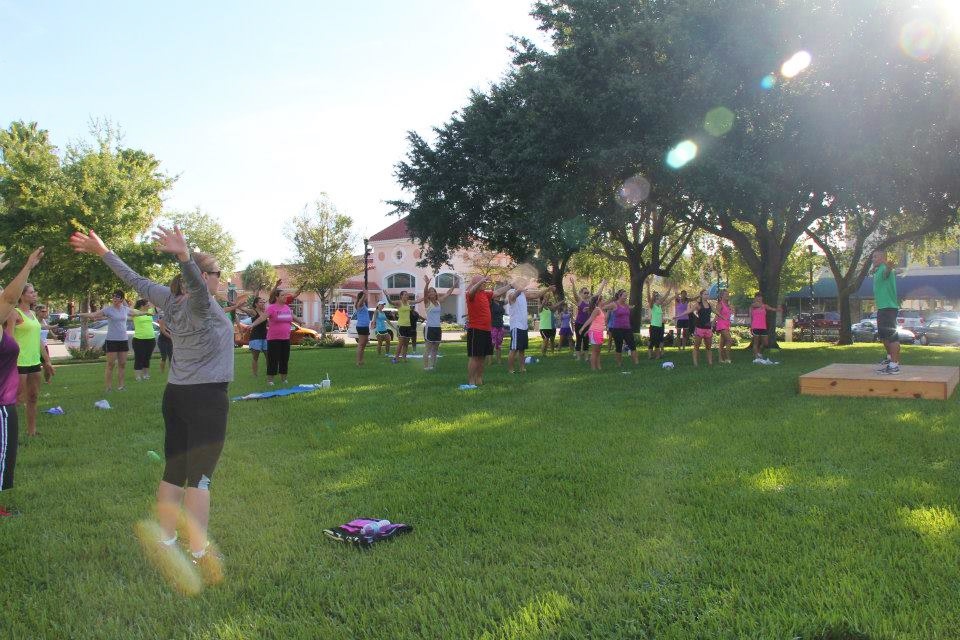
Health News
Features
-
Word of Mouth: Myths About Implants Debunked, Part III: Are they Affordable?
In my last two columns (part 1 | part 2), we debunked some common myths about the practicality and effectiveness of dental implants. Now let’s talk affordability. Nearly 70 percent of adults have lost a tooth, and the solutions are pretty straightforward: dental implants, bridges, or dentures. For most, dental implants are the best option,…
-
Meet the father of Family Fun and Fitness at the Fountain
Nat West: A man with plans for a better tomorrow A statue of a little boy reading sits in Winter Haven’s Central Park, a testimony to a man dedicated to improving the city’s quality of life: Nat West. At 69, the former vice president of Winter Haven Hospital (WHH) is retired, but still active in…
-
What you should know about lesser-known cancers
Understanding the signs and symptoms for males of all ages Although breast cancer is usually a women’s disease, men get it too. A bone cancer, Ewing sarcoma,usually peaks in teens during a growth spurt, but men can get it too. Like all cancers, the more rare forms of the disease are best caught early to…
Columns
-
February Is Age-Related Macular Degeneration Awareness Month
Age-Related Macular Degeneration, AMD, is a leading cause of vision loss in adults over the age of 50. It destroys the macula, which is the small central area of the retina that provides detailed, central vision. With AMD, you lose the ability to see fine details, both close-up and at a distance. Due to the…
-
Vascular Manifestations of COVID-19
The novel coronavirus (COVID-19) continues to wreak havoc around the world, with 88 million confirmed cases and more than 2 million deaths as of January 8, 2021. In the United States, the number of infections has risen dramatically since the first week of March, and the US now has more confirmed cases and deaths than…
-
Smoking Can Lead to Amputations
While most people are familiar with the devastating consequences of smoking on their lungs (COPD, cancer), heart (coronary artery disease) or brain (stroke), its direct relation to limb loss escapes public attention! For far too many smokers, the first time they learn of the connection with limb loss is when a vascular surgeon diagnoses them…



